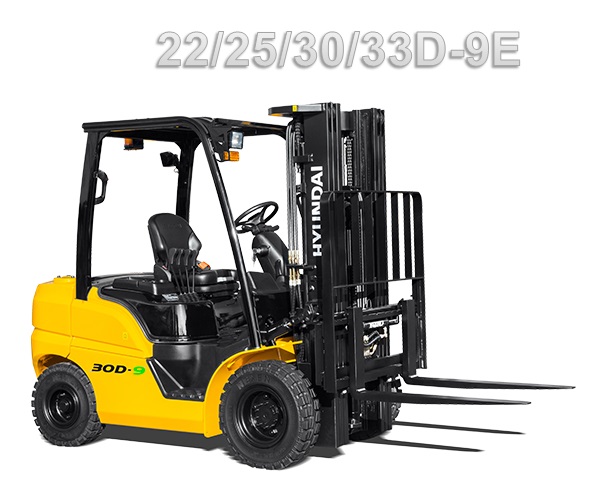1. Daily inspection
2. Do's and don'ts
3. Seat belts
4. No riders
5. Pedestrians
6. Operator protection
7. Fork safety
8. Pinch points
9. Travel
10. Grades, ramps, slopes and inclines
11. Tip over
12. Surface and capacity
13. Parking
14. Refueling
15. Step
16. Operator's safety rules
17. Side shift
1. Loose loads
2. Long and wide loads
3. Rear swing
4. Low overhead clearance
5. Fast turns and high loads
6. Drop-offs
7. Right angle stacking
8. Chain slack
9. Pallets and skids
10. Caution for electrical lines
11. Lifting loads
12. Side shift
13. Fork positioner
1. General locations
2. Data/safety plate and decal
3. Instruments and controls
4. Cluster
5. Operating lever and switch
6. Radio and USB player
1. Daily safety inspection
2. Fuel safety practices
3. Engine oil service interval and management
1. Before operating the truck
2. Check before starting
3. Check before starting engine
4. Seat adjustment
5. Starting from a safe condition
6. General starting and operating tips
7. Starting the engine
8. Check after starting engine
9. Levers and pedals
10. Operating safely
11. Load handling
12. Shut down procedure
6. EMERGENCY STARTING AND TOWING
1. How to tow a disabled truck
2. How to use battery jumper cables
1. Instruction
2. Safe maintenance practices
3. Instructions before maintenance
4. Planned maintenance intervals
5. How to perform planned maintenance
6. Replacement and check
7. Lubrication chart
8. Greasing point
9. Handling truck in extremely hot places
10. Cold weather operation
11. Storage
12. Transport
13. Loading and unloading by crane
14. Recommendation table for lubricants
15. Fuel and lubricants
1. Specification table
2. Specification for major components
3. Tightening torque
1. Engine system
2. Electrical system
3. Torque flow system
4. Steering system
5. Brake system
6. Hydraulic system
1. Engine system
2. Drive system
3. Travel system
4. Steering system
